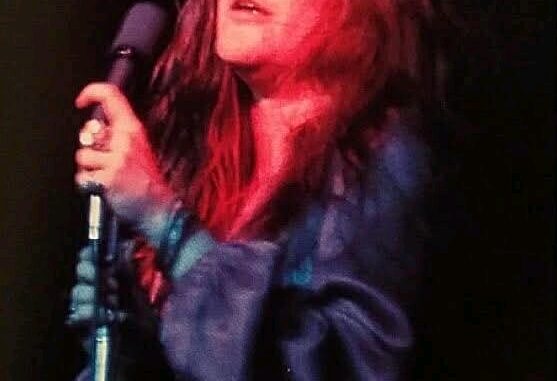
Back in 1969, at the iconic Woodstock Festival, Janis Joplin stepped onto the stage late into the night. She was barefoot, bottle in hand, unapologetically raw and real. The rain had soaked the fields, and nearly half a million people stood in the mud, exhausted but waiting. Then came her moment. As she launched into “Piece of My Heart,” something shifted.
Janis didn’t sing like others did. Her voice wasn’t technically perfect—it was rough, raspy, and untamed—but it carried something far more powerful: truth. Every note was soaked in emotion. You could hear the cracks of heartbreak, the cries of freedom, the ache of loneliness, and the fire of rebellion all at once. She wasn’t just performing; she was living the song as if it was her last breath.
By the final chorus, Janis dropped to her knees, tears streaming down her face. The crowd fell silent. A single spotlight held her in place, and for that brief moment, time stood still. The silence was almost spiritual, like everyone watching could feel her soul breaking open onstage.
A reporter later wrote, “She wasn’t singing. She was bleeding.” And it was true—Janis gave everything in that performance. Her pain became the pain of a generation struggling to find meaning in a chaotic world. Her passion mirrored the hope and despair of an era searching for something real.
That night at Woodstock, Janis Joplin wasn’t just a singer. She was a symbol. In a world that often asked people to conform, she stood as proof that being yourself—messy, emotional, wild—could be powerful. Her voice, full of imperfections, was perfect because it was honest. And honesty, in that moment, was revolutionary.
Leave a Reply